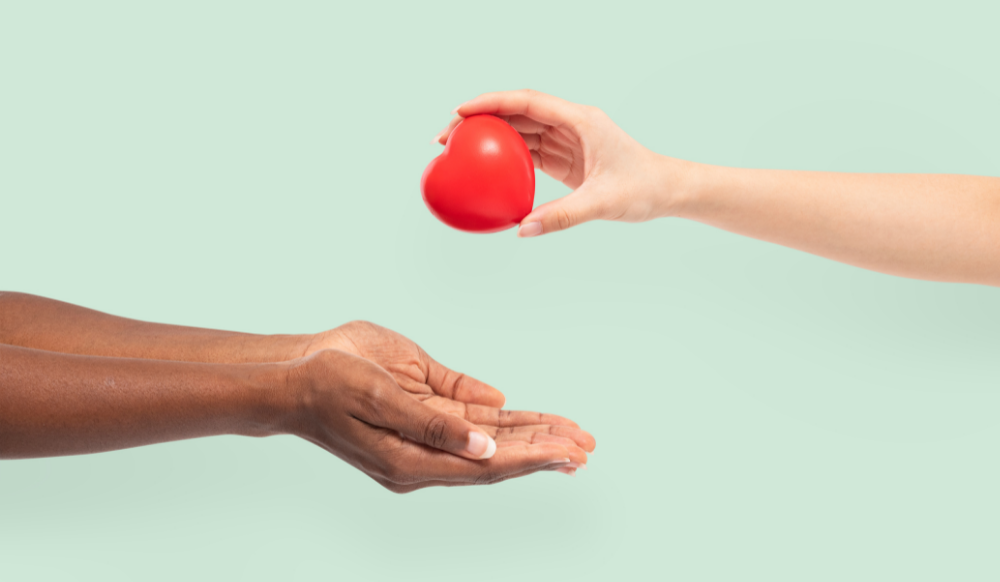Supporting your young person to live in Ireland
Supporting your young person to live in Ireland
Migrating to a new country is a stressful time for families. Learn how you can support your young person through this experience.

Arriving in Ireland as a migrant is stressful and at times can be a painful experience.
The decision to move may have been difficult and sometimes has to be made very quickly.
As a parent, you want to be able to look after your young person’s physical and mental health to the best of your ability. You also need to be able to look after your own mental health to be able to provide support to others.
In this article, we will touch on the different issues that might come up for your young person and how can you support them.
Some of the areas that will likely come up are:
- Leaving family behind
- Education issues
- Social issues
- Physical health issues
- Emotional issues
- Effects of war and conflict on young people’s mental health.

Differences
It will take time to adjust to the cultural differences in how schools, colleges and universities are taught.
Leaving family behind
If family members have not been able to travel to Ireland, young people may worry about their safety as well as losing connection with their families and communities. You may have to support your young person in managing these worries and fears.
Educational issues
You want to be able to give your young person children the best opportunities possible. Moving to another country can mean a disruption in the young person’s learning.
It will take time to adjust to the cultural differences in how schools, colleges and universities are taught.
There may be language and cultural barriers that get in the way of a young person’s developmental learning. Some parents may feel that they are less knowledgeable and perhaps less involved in their young person’s education.
Social issues
Language and cultural barriers can often make fitting in more challenging for a young person. Some young people may already be confident and resilient, whereas others may be naturally shyer and might struggle more to make friends.
There can be a loss of confidence when there is a change.
Change
Each young person is different and so how they respond to change will be different.

Physical health issues
Your young person may have physical challenges or illnesses. It overwhelming trying to find medical or other support in a new country with an entirely different health system.
Emotional issues
A young person’s emotional development can be challenged by a move. Each young person is different and so how they respond to change will also be different. Some will be more resilient than others.
Effects of war and conflict on young person’s mental health
You may be concerned about the effects on your young person of witnessing traumatic events. While it is natural that young people would be affected by these events, not all will be traumatised.
The support received and resilience of young person is key in how they will manage adverse situations.

Love
Your love and care can go a long way in helping your child. You know your child best and what will work for them.
How you can support your young person
Don’t undermine your own parenting abilities. Keep doing what you always do. Your love and care can go a long way in helping your child. You know your child best and what will work for them.
Be patient – this is a huge adjustment for everyone. It will take time.
Remember that your support and guidance is the most important thing in helping your young person to adjust to living in Ireland.
Talking about change
Help them know that this is a period of change and things will likely improve as they settle in. Give space to listen to their worries without trying to fix them.
Some things can’t be fixed but reflecting back to them their feelings can go a long way in helping them. When a young person knows that they are being listened to, they will be far more likely to be open up about what is worrying them.
Starting conversations around these types of topics can be difficult. Give yourself and your young person time and space to ind the right moment to have these conversations.
Some young people may express themselves through their behaviour, so paying attention to any cues of struggle can help you both get a better insight.
Focus on their strengths
Help them focus on things they can do, their talents or things they enjoy.
Young people that have arrived in Ireland have already shown a huge amount of resilience and this should be acknowledged.
Strengths are not ‘doing things’ such as sports or school work. This can be an opportunity to say what your favourite things about your young person are, and the characteristics in them you admire. It can be a good sense of humour or that they are easy to talk to. It has to be genuine, something that is a natural part of them.
They can then call on those things when they are having a difficult time. If a young person can’t identify with their strengths, it is about being there with them, being a witness and helping them see that they have of value.
Encourage them to take part in things in Ireland that are part of Irish culture
It is going to take time to settle into a community here. Once you and your family have started a daily routine, encourage your young person to get involved in school activities or other opportunities that may arise.
This could be sport or youth clubs that encourage them to mix with people their own age outside of school time.
Advocate for your child when you need to
Find out what supports are available through friends and those around you.


